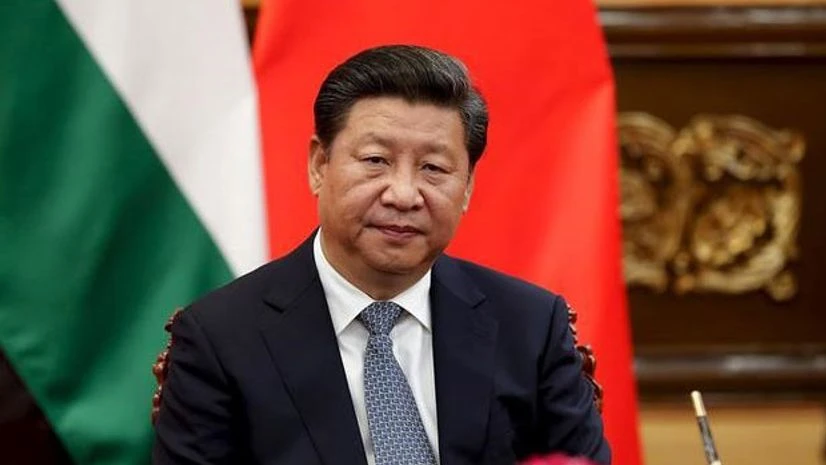The comments came as the country's stock market showed further signs of stabilising after a raft of government measures aimed at shaking out speculators and preventing a 40% slide since June turning into a full-scale market crash.
Steady financial markets will be critical for the president this week when he visits the United States, where he is likely to be grilled on China's actions to arrest the market slide.
The wild fluctuations have unnerved policymakers globally and even fed into the US Federal Reserve's decision last week to hold back from raising interest rates from a record low.
Officials in Washington have pressed China to reaffirm its commitment to a market-orientated, consumer-driven economy and policy transparency, especially in the wake of its surprise devaluation of the yuan, also known as the renminbi, in August.
"Reform of the renminbi exchange rate formation regime will continue in the direction of market operation," Xi said in an interview with the Wall Street Journal. He said the government's market intervention, which some critics said was heavy handed, had been necessary to "defuse systemic risks".
Indeed, British Finance Minister George Osborne said during a visit to China that authorities should be supported as they remain committed to market liberalisation following the bout of volatility this summer.
More From This Section
Speaking at the Shanghai Stock Exchange, Osborne said he was keen to see a formal stock market trading link between China and London, part of his goal to make Britain China's "best partner in the West".
China stock prices rebounded for a second day on Tuesday, in a further sign of improving investor sentiment that may help the market stabilise.
The CSI300 index of the largest listed companies in Shanghai and Shenzhen rose 0.9% and the Shanghai Composite Index also gained 0.9%. China's volatility index, a gauge of investor fears, has dropped to 40% from an August peak of 64%.
Still, China's gloomy economic outlook was underlined by the Chinese Academy of Social Sciences (CASS), a top state-backed research centre, which forecast growth would slow this year to 6.9%.
The government has forecast growth of around 7% but a run of weak data has reinforced market expectations the final outcome will be below 7%.
In its latest forecast released on Tuesday, the Asian Development Bank said it expected China's economy to grow 6.8% this year and weigh on other economic prospects. It urged regional policymakers to strengthen financial-system buffers against external shocks.
China's next big economic indicator is on Wednesday with the release of the preliminary China factory purchasing managers' index. Economists expect the PMI to show that manufacturing activity is near 6-1/2 year lows and point to a seventh straight month of contraction for the sector.
Stock markets may have steadied for a few days but sentiment remains fragile, said Richard Grace, chief currency and rates strategist at Commonwealth Bank of Australia in Sydney.
"It won't take much to derail some of the optimism if the September Chinese PMI due tomorrow is on the bearish side, and this may in turn take some pricing of a tightening out of the U.S. rates market," Grace said in a note to clients.

)
